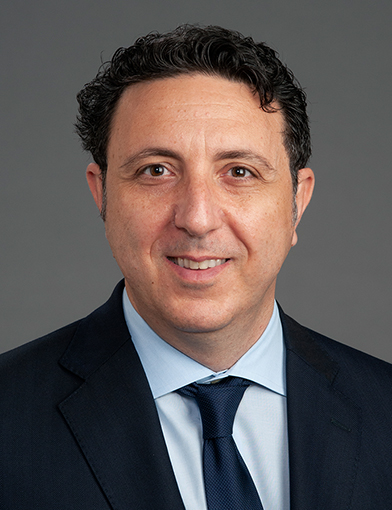The one-year Adult Cardiothoracic Anesthesiology fellowship experience at Wake Forest University School of Medicine can be tailored to meet the needs of both the future academician and private practitioner. Nearly half of our fellows pursue academic faculty positions after completion of training.
For more than 20 years, we’ve offered a highly subscribed fellowship training program in Cardiothoracic (CT) Anesthesiology. During our distinguished history, we’ve produced six chairs of major academic departments.
Fellowship Overview
Program Goals
Our goal is to prepare physicians for a career in academics or clinical practice in the field of Cardiothoracic Anesthesiology.
Why Train at Wake Forest?
Every year, Wake Forest Baptist Medical Center performs over 900 cardiac surgeries that require cardiopulmonary bypass (CPB) comprised of:
- Coronary artery bypass graft (CABG) surgery
- Valve repair or replacement
- Surgery of the aortic arch and descending thoracic aorta (DHCA)
- Cardiac transplantation
- Mechanical circulatory support, including Impella, VAD, and ECMO
- Percutaneous valve replacement
- Correction of congenital heart disease
Transesophageal echocardiography (TEE) is performed for all cardiac surgical patients as well as to assess hemodynamic instability in non-cardiothoracic (CT) surgery and intensive care unit (ICU) patients.
In addition, we provide anesthesia for several hundred non-CT surgical procedures per year including:
- Thoracotomies
- Mediastinoscopies
- Minimally invasive thoracoscopies
- Robotic thoracic surgery
- Esophagectomies


